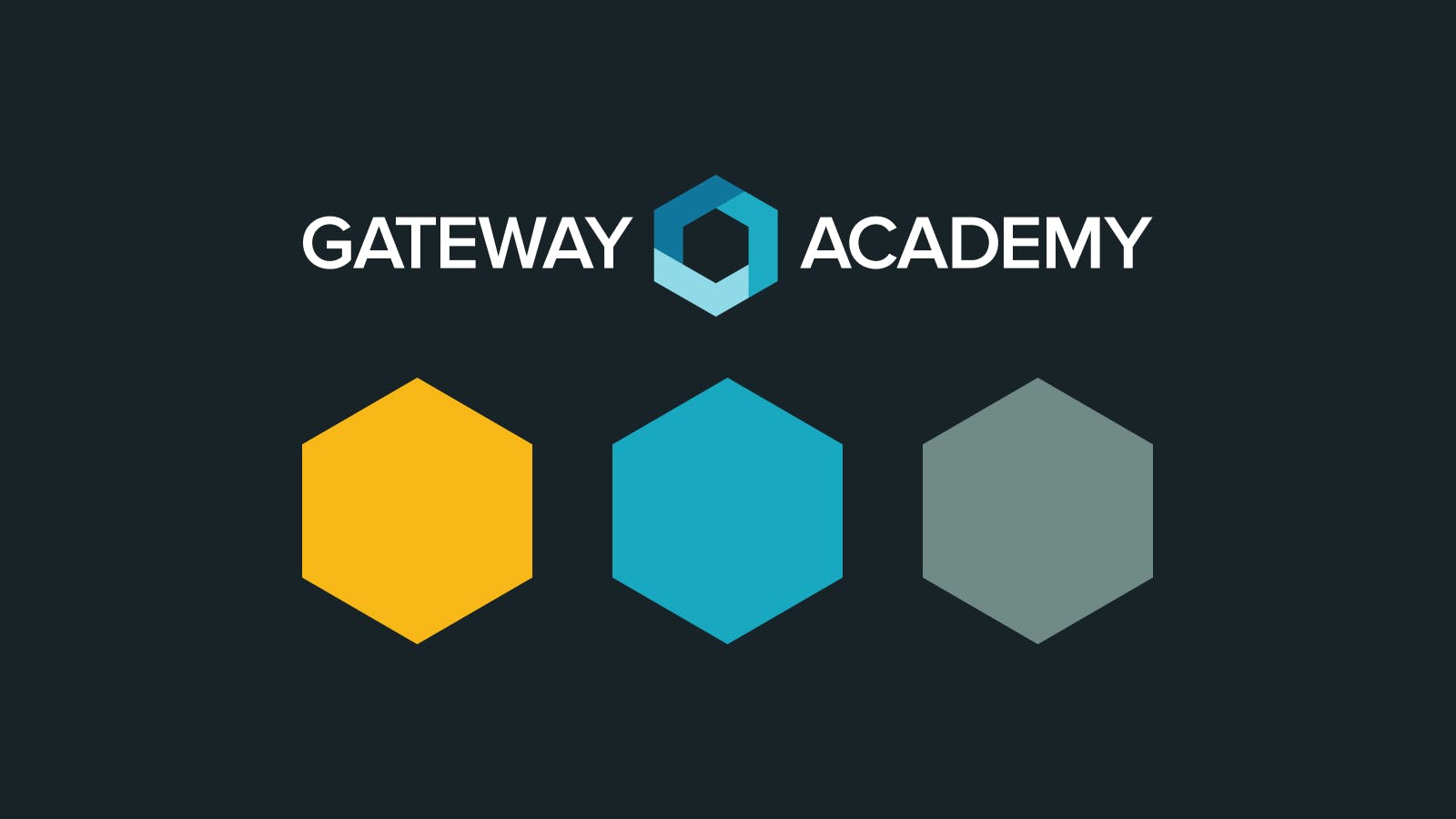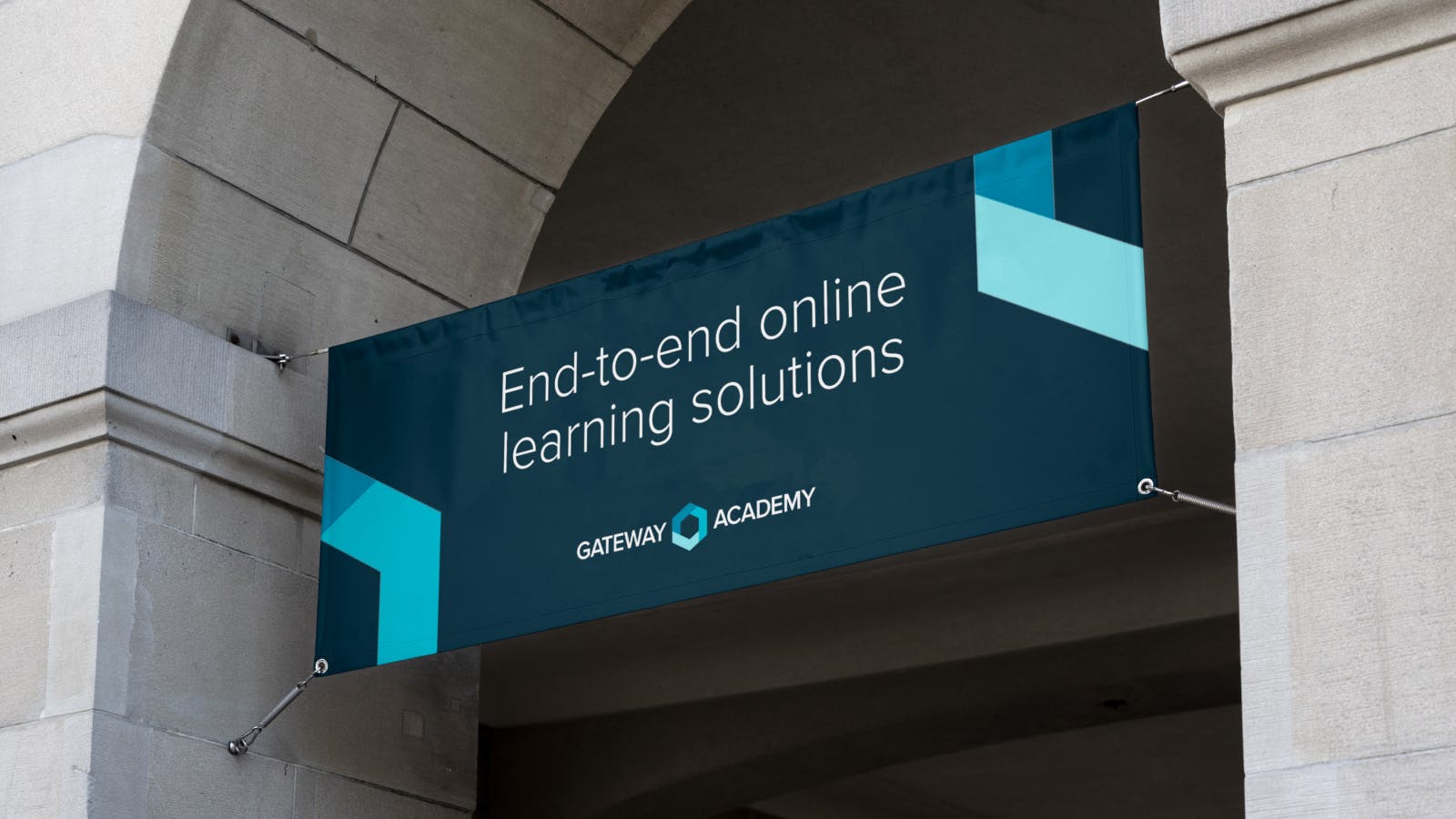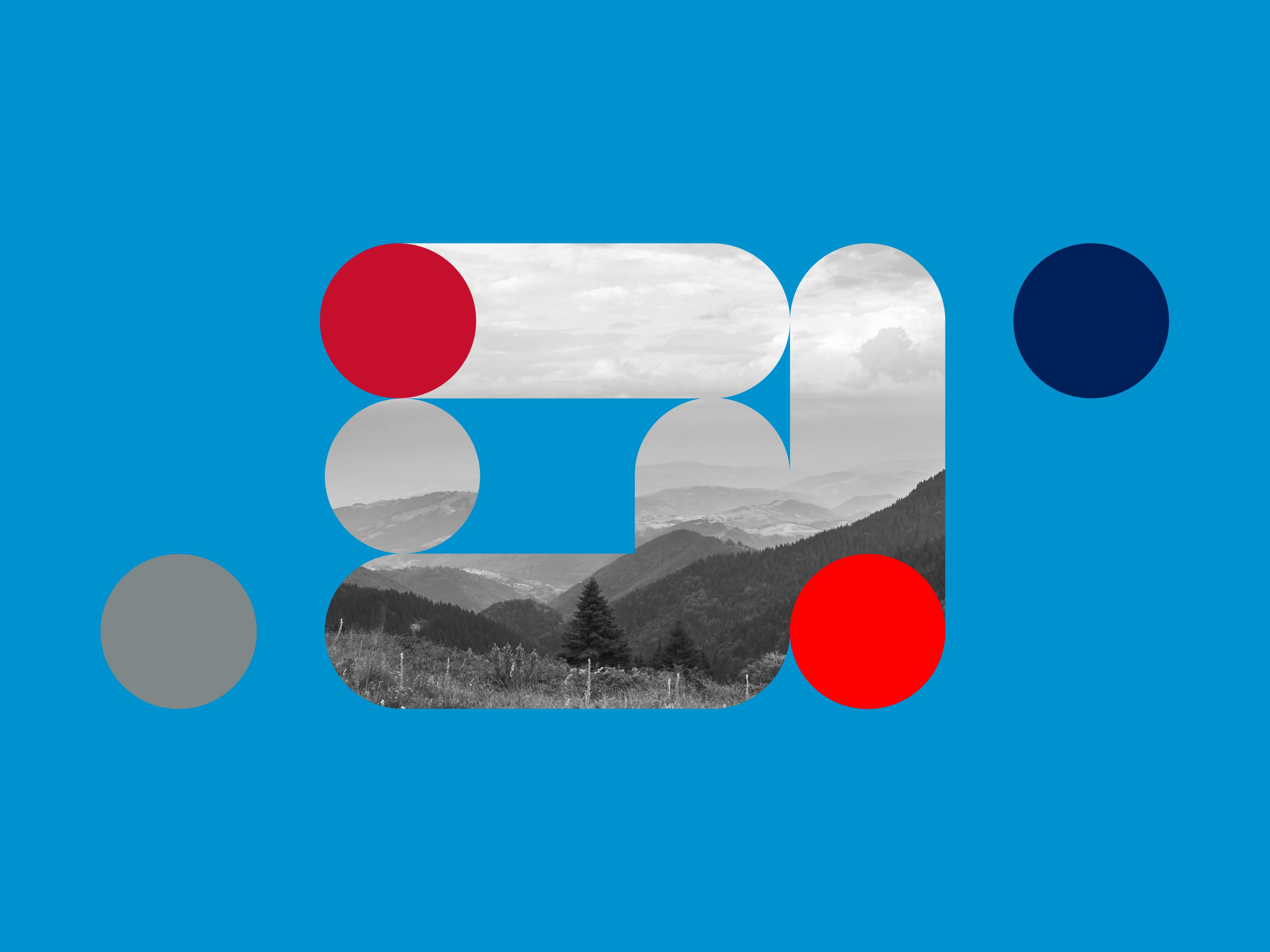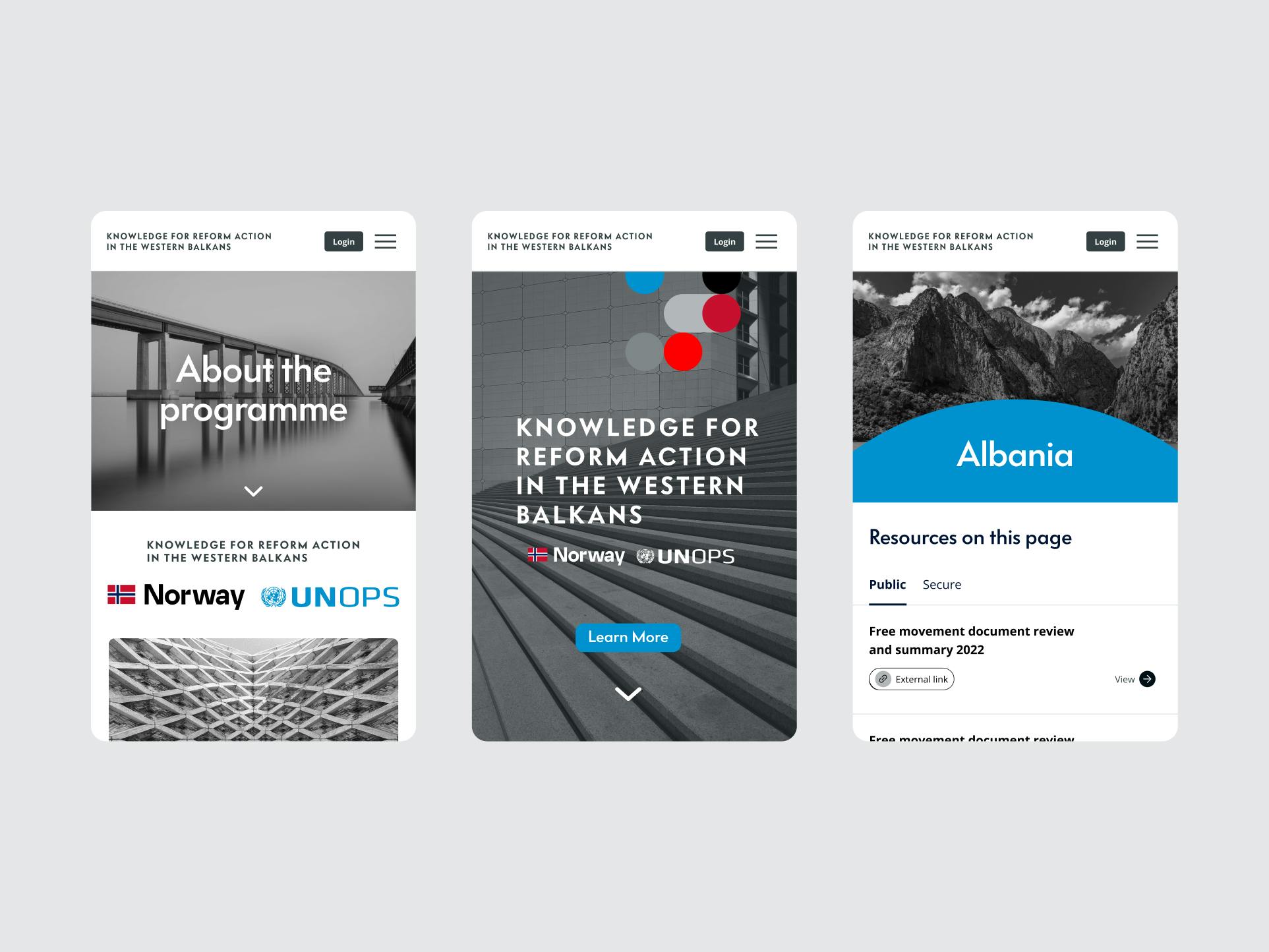How could we build the capacity of banks in emerging markets to meet the needs of the poor?
Background
The Consultative Group to Assist the Poor (CGAP) and the Mastercard Foundation (MCF) partnered together to concept a new way to improve the service financial institutions provide to the poor in key markets in Sub-Saharan Africa. The hypothesis was that by improving the training and quality of service of employees at financial instutitions, key populations would greatly benefit from products designed specifically for them.
This was a unique approach that looked at the upstream operations of financial instutitons as a way to promote financial inclusion in the region.
Objectives
Improve capacity
Reduce the cost
Build on local experience
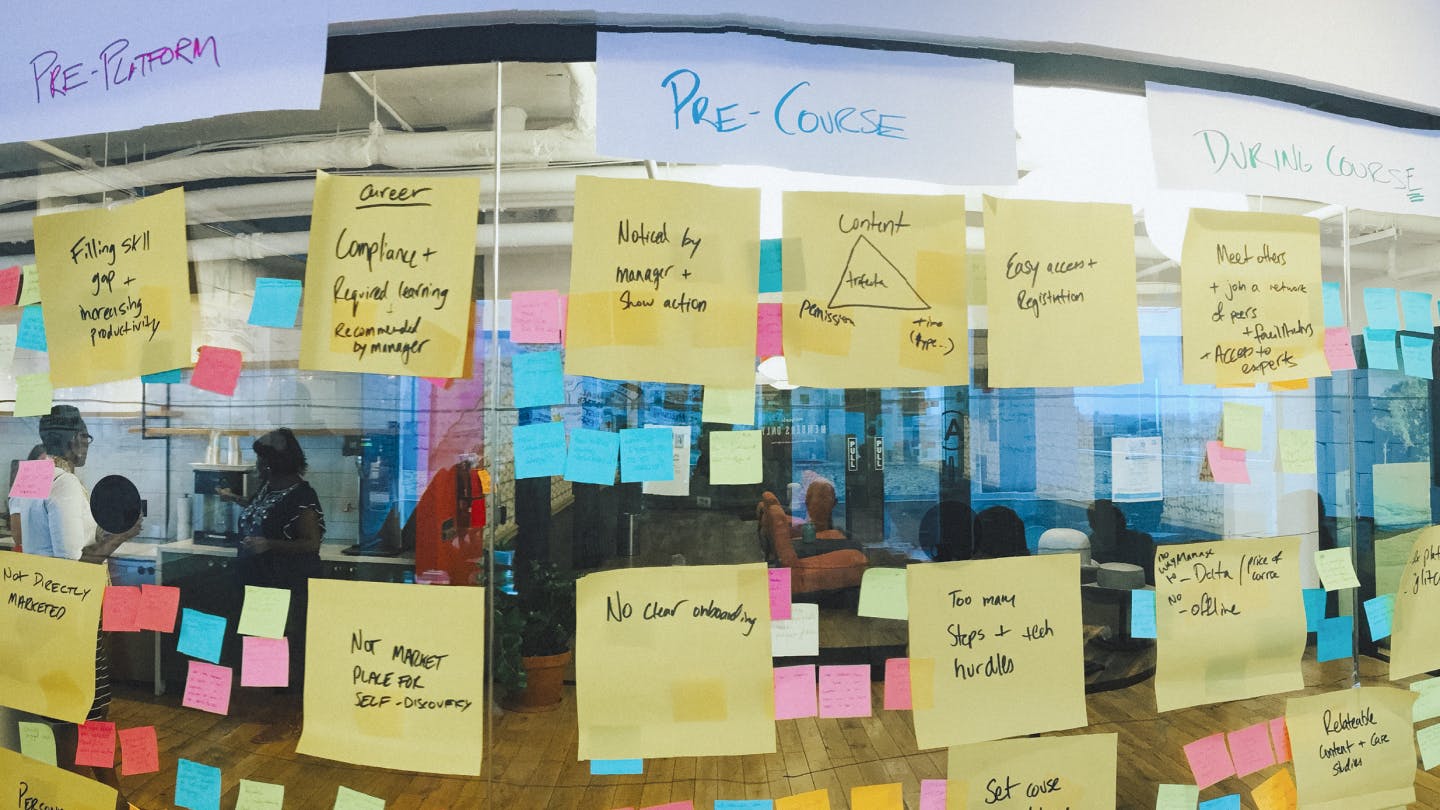
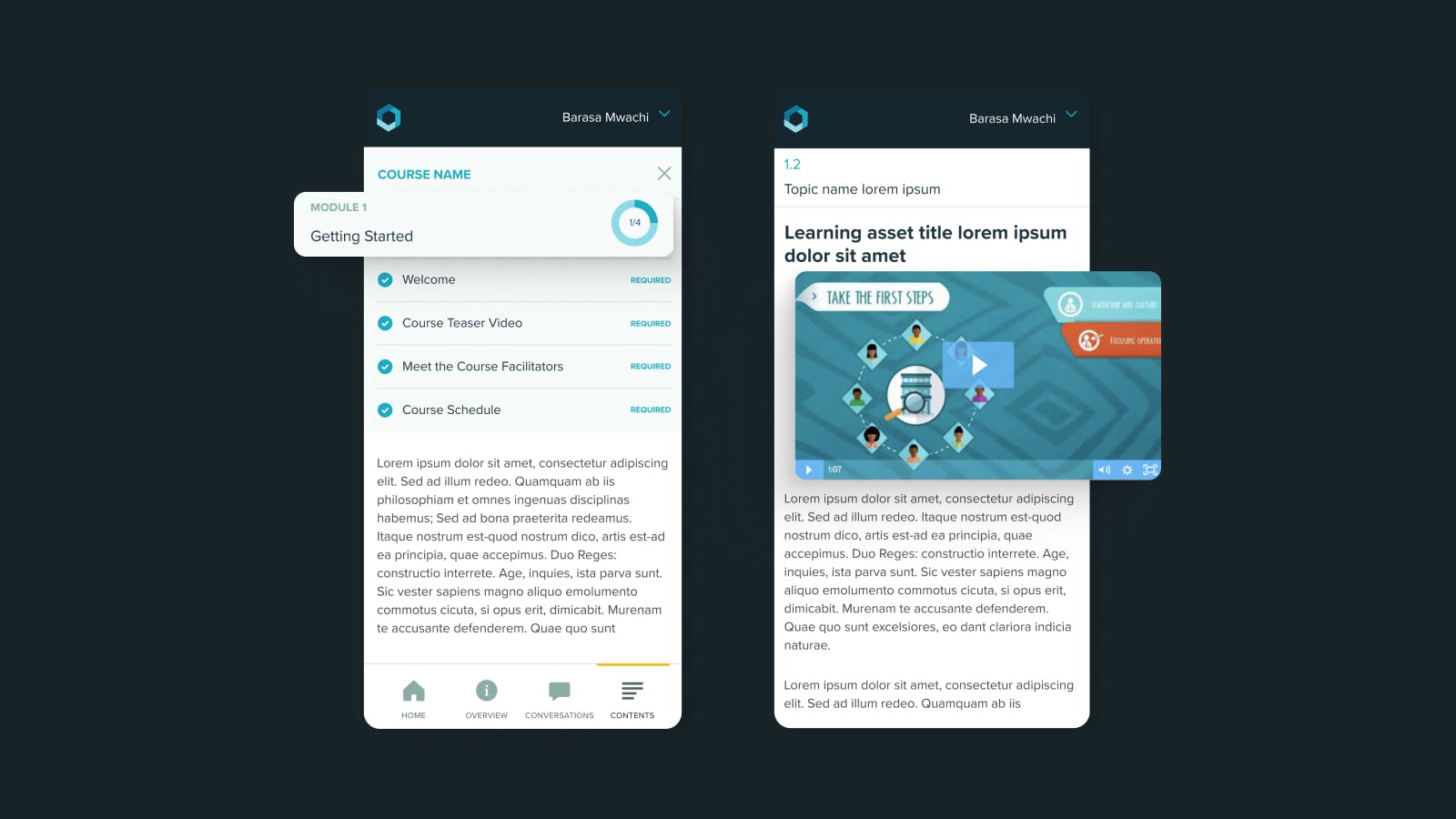
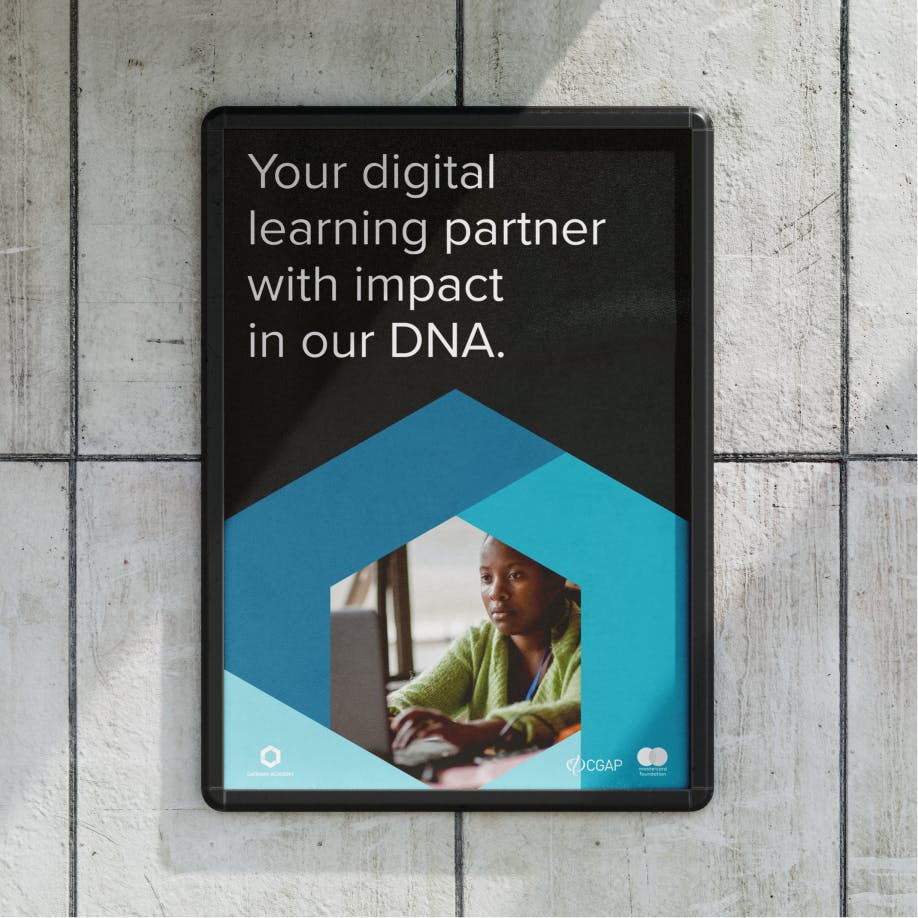
How did we work through the challenge?
Research and strategy
In the early phases of the program, we identified that understanding how people learn would be just as critical, if not more so, than getting the technology right. Our target audience, Banks in Sub-Saharan Africa, have traditionally done learning in person and for a select few individuals, but with the growing youth boom in Africa, bringing digital learning is the most scalable and effective way to build the capacity of their employees. Similarly, very few courses were available for digital learning that reflected African learning experiences, so we partnered with local Training Service Providers to build their capacity and understanding of digital business models.
Learning is different, everywhere
The way people learn has evolved by leaps and bounds over the past decade. Digital platforms have allowed learning to become more decentralized, accessible, and scalable, though it has been largely developed for highly educated, affluent learners in developed economies. Gateway Academy to respond, instead, to the needs of learners in emerging markets so that the learning experience is consistent regardless of the technology available, and access to the internet.
Proliferation of mobile devices
We ran a design workshop in Dar es Salaam, Tanzania with users and partners to really design and focus on the needs of Gateway Academy’s target users. We learned that most users would benefit from being able to take courses on their phones. Access to computers is usually only available at the place of work, but all learners had smartphones and limited data plans. Learners also wanted to learn on their commute, and in response we designed both an offline and mobile experience.
Training traditionally happens in person
Very few courses were ready for digital learning that reflected African learning experiences, so we partnered with local Training Service Providers to build their capacity and understanding of digital business models.
What were the outcomes?
Gateway Academy grew in three years from a nascent idea all the way to a commercially viable product serving many financial institutions in the region.
In June 2020, Gateway Academy was successfully merged with Digital Frontiers, a Bill & Melinda Gates funded learning organization based in South Africa to continue its journey and mission.
